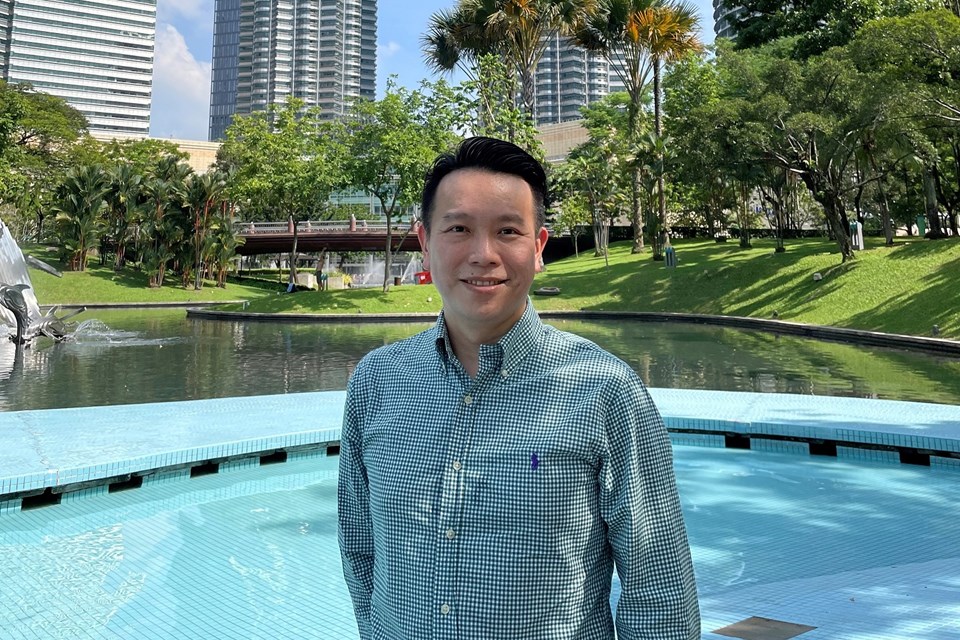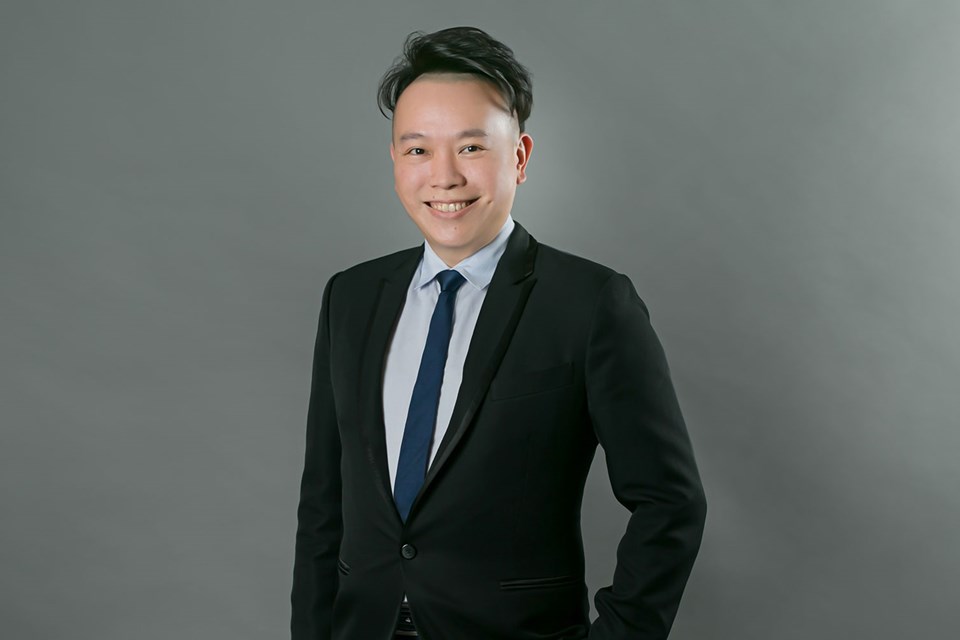QWhat projects are you working on right now?
I am busy with our annual reserves and resources audit exercise for clients in this region, as well as supporting my colleagues over in the UK offices on similar work. For projects in AAP, I am usually the Project Manager and Petroleum Economist. For projects in EAME, I am the Petroleum Economist supporting various reserves and resources audits, besides techno-commercial due diligence work.
Quick Q&A
Where are your favourite places in KL and Singapore?
When I’m in KL, I like spending time with my family at home, but when I’m in Singapore, I like walking along the East Coast Park or visiting my favourite Singapore Botanic Gardens.
Favourite holiday destination?
I love London (I can spend a day at the museums); Hong Kong (24/7 awesome choices of oriental cuisine and street food); and Melbourne (no need to wonder why there are so few international chain cafés there, because the local coffee is tremendous!)
How do you spend your spare time?
Driving! I can drive 200 km to my childhood hometown (Ipoh, north of Kuala Lumpur), just to satisfy my craving for the local delicacies.
Which person inspires you and why?
Within RPS, John Tompson and John Stanton. I’m always amazed by their business development skills, particularly during meetings with potential clients.
QWhat is one of your career project highlights?
Working on Hibiscus Petroleum’s largest acquisition [acquiring Repsol’s interests in oil and gas assets in Malaysia and Vietnam]. We were very pleased to be able to assist our client in completing the transaction when, to a lot of people in the industry, this could hardly be done during the pandemic period. It was a difficult (and unusual) thing to achieve without meeting face-to-face with all the people involved – the bankers, the lawyers and the Securities Commission Malaysia (the Malaysian capital market regulator). Instead, it was all done virtually, where there is the potential for miscommunication. Our client was very happy that they managed to acquire the assets even though people couldn’t interact physically throughout the process. It was a very good outcome.
QDo clients ask you about the energy transition? What does this mean in Malaysia?
Malaysia is the first country in the region where RPS has received inquiries about Carbon Capture and Storage (CCS). I think that Malaysia could be a hub for the technology that will support this ESG initiative.
Malaysia’s national oil company, PETRONAS, has been exploring various opportunities and project collaborations with competent delivery partners to deliver carbon dioxide (CO2) storage solutions in Malaysia and the region. PETRONAS could become one of the leaders in CCS technology. I think that they’re currently a forerunner in this type of initiative because they’re the largest national oil company in this part of the world by far, with more footprints around the world than other similar companies. They are making a commitment to those countries, to do their part in ESG.
QWhat makes you proud to live in Malaysia and Singapore?
Malaysia and Singapore are both multiracial and multicultural nations in which Malays, Chinese, Indians and people of various other ethnicities live together in peace and harmony. I have learned to be culturally sensitive and to respect people of different races. This also helps me greatly in understanding RPS clients’ needs due to their diverse backgrounds.
QWhat advice would you give someone looking to get into your field?
Don’t just listen to what other people think. Believe in what you are passionate about and pursue the things you like doing.
When I first joined the industry back in 2001 as a field engineer with Schlumberger in Duri, Sumatra, people were asking me (more like teasing me!) why I joined a “sunset industry”. Brent oil price at that time was around US $25/bbl. Now we’re seeing very high prices, hovering above $100 per barrel.
There are lots of interesting opportunities in this field. The reason I joined oil and gas was because, as a young boy, I saw a fascinating commercial from Shell showing engineers mixing chemicals in a lab. I thought I’d become a chemical engineer, but I ended up working in the field, somewhere in a jungle in Indonesia!
Having joined the industry as an engineer, then working as a petroleum economist, I was asked to do business development. John Stanton, John Tompson and their team at RPS thought I’d be good at it, and I learned a lot from them! They’re great with people and I enjoyed observing their work.


